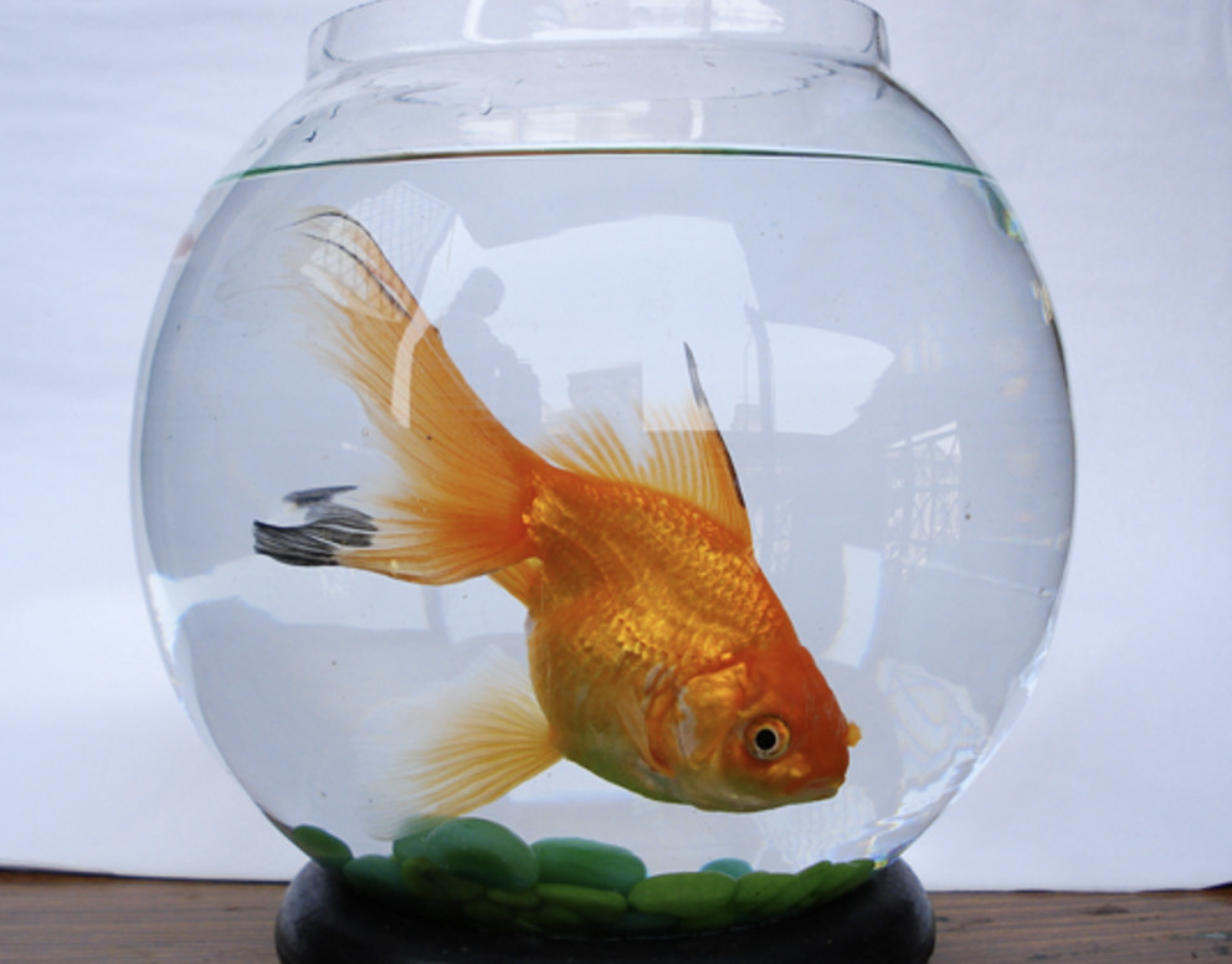It’s something that I’ve said before during presentations that felt right, but I wasn’t 100% sure — “Agnostics are a light version of atheists.”
Agnostics seem to get overlooked when it comes to talking about the nones. I know that when I’m writing about the extremes of American religion, I tend to focus on atheists the most. And, in evangelical media circles, there’s never an agnostic philosophy professor — it’s always an atheist.
So, are agnostics just a slightly more religious, slightly less liberal version of atheists? I dug through some data and I think I can say that the answer is pretty clear — “yes.”
A quick aside about the theological differences between the two groups. Atheists, by definition, believe that there is no Higher Power. They contend that everything in the world has scientific explanations and not Divine ones.
Agnostics are a bit more ambivalent about that. While atheists state, “There is no God,” agnostics would say that they don’t know if God exists and there’s no way to prove that either way. The term agnostic was coined by Thomas Henry Huxley in 1869, when he stated “(agnostic) simply means that a man shall not say he knows or believes that which he has no scientific grounds for professing to know or believe.”
Let’s compare those two groups on the religious questions that exist on the Cooperative Election Study to get a sense of their theological differences.
When asked how important religion is to their lives, 92% of atheists say “not at all” while another five percent say “not too.” Agnostics are a bit more ambivalent with 74% saying “not at all” and 20% saying “not too important.”
When it comes to church attendance, the same general pattern emerges — neither group goes to services that much but atheists are even less apt to admit to any church attendance (88% say that they never go vs. 72% of agnostics).
Finally, when it comes to prayer, the gap grows larger.










